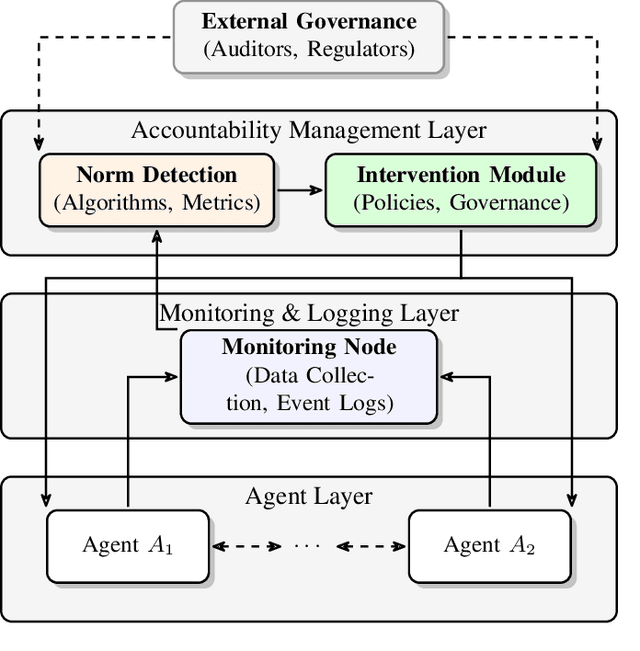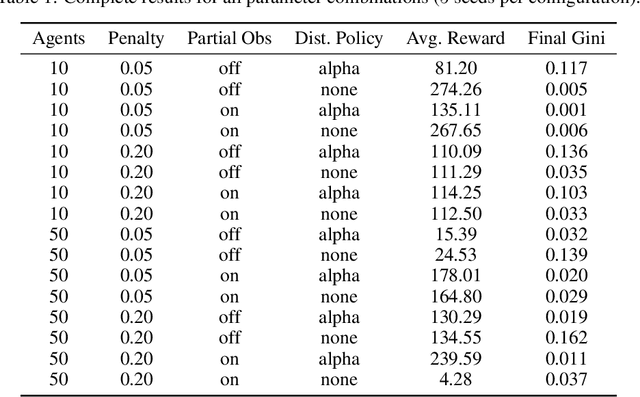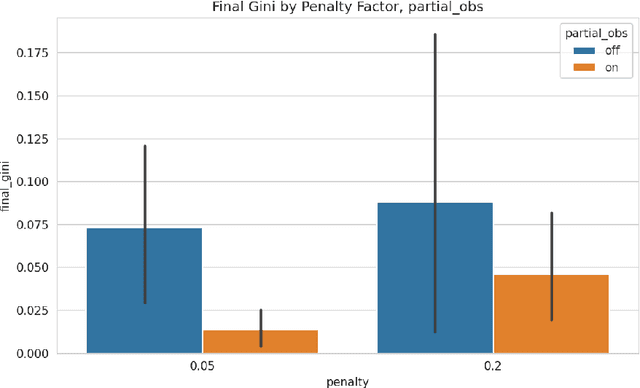Saad Alqithami
Autonomous Agents on Blockchains: Standards, Execution Models, and Trust Boundaries
Jan 08, 2026Abstract:Advances in large language models have enabled agentic AI systems that can reason, plan, and interact with external tools to execute multi-step workflows, while public blockchains have evolved into a programmable substrate for value transfer, access control, and verifiable state transitions. Their convergence introduces a high-stakes systems challenge: designing standard, interoperable, and secure interfaces that allow agents to observe on-chain state, formulate transaction intents, and authorize execution without exposing users, protocols, or organizations to unacceptable security, governance, or economic risks. This survey systematizes the emerging landscape of agent-blockchain interoperability through a systematic literature review, identifying 317 relevant works from an initial pool of over 3000 records. We contribute a five-part taxonomy of integration patterns spanning read-only analytics, simulation and intent generation, delegated execution, autonomous signing, and multi-agent workflows; a threat model tailored to agent-driven transaction pipelines that captures risks ranging from prompt injection and policy misuse to key compromise, adversarial execution dynamics, and multi-agent collusion; and a comparative capability matrix analyzing more than 20 representative systems across 13 dimensions, including custody models, permissioning, policy enforcement, observability, and recovery. Building on the gaps revealed by this analysis, we outline a research roadmap centered on two interface abstractions: a Transaction Intent Schema for portable and unambiguous goal specification, and a Policy Decision Record for auditable, verifiable policy enforcement across execution environments. We conclude by proposing a reproducible evaluation suite and benchmarks for assessing the safety, reliability, and economic robustness of agent-mediated on-chain execution.
Adaptive Accountability in Networked MAS: Tracing and Mitigating Emergent Norms at Scale
Dec 21, 2025


Abstract:Large-scale networked multi-agent systems increasingly underpin critical infrastructure, yet their collective behavior can drift toward undesirable emergent norms that elude conventional governance mechanisms. We introduce an adaptive accountability framework that (i) continuously traces responsibility flows through a lifecycle-aware audit ledger, (ii) detects harmful emergent norms online via decentralized sequential hypothesis tests, and (iii) deploys local policy and reward-shaping interventions that realign agents with system-level objectives in near real time. We prove a bounded-compromise theorem showing that whenever the expected intervention cost exceeds an adversary's payoff, the long-run proportion of compromised interactions is bounded by a constant strictly less than one. Extensive high-performance simulations with up to 100 heterogeneous agents, partial observability, and stochastic communication graphs show that our framework prevents collusion and resource hoarding in at least 90% of configurations, boosts average collective reward by 12-18%, and lowers the Gini inequality index by up to 33% relative to a PPO baseline. These results demonstrate that a theoretically principled accountability layer can induce ethically aligned, self-regulating behavior in complex MAS without sacrificing performance or scalability.
Forgetful but Faithful: A Cognitive Memory Architecture and Benchmark for Privacy-Aware Generative Agents
Dec 14, 2025Abstract:As generative agents become increasingly sophisticated and deployed in long-term interactive scenarios, their memory management capabilities emerge as a critical bottleneck for both performance and privacy. Current approaches either maintain unlimited memory stores, leading to computational intractability and privacy concerns, or employ simplistic forgetting mechanisms that compromise agent coherence and functionality. This paper introduces the Memory-Aware Retention Schema (MaRS), a novel framework for human-centered memory management in generative agents, coupled with six theoretically-grounded forgetting policies that balance performance, privacy, and computational efficiency. We present the Forgetful but Faithful Agent (FiFA) benchmark, a comprehensive evaluation framework that assesses agent performance across narrative coherence, goal completion, social recall accuracy, privacy preservation, and cost efficiency. Through extensive experimentation involving 300 evaluation runs across multiple memory budgets and agent configurations, we demonstrate that our hybrid forgetting policy achieves superior performance (composite score: 0.911) while maintaining computational tractability and privacy guarantees. Our work establishes new benchmarks for memory-budgeted agent evaluation and provides practical guidelines for deploying generative agents in resource-constrained, privacy-sensitive environments. The theoretical foundations, implementation framework, and empirical results contribute to the emerging field of human-centered AI by addressing fundamental challenges in agent memory management that directly impact user trust, system scalability, and regulatory compliance.
Dynamic Homophily with Imperfect Recall: Modeling Resilience in Adversarial Networks
Dec 13, 2025Abstract:The purpose of this study is to investigate how homophily, memory constraints, and adversarial disruptions collectively shape the resilience and adaptability of complex networks. To achieve this, we develop a new framework that integrates explicit memory decay mechanisms into homophily-based models and systematically evaluate their performance across diverse graph structures and adversarial settings. Our methods involve extensive experimentation on synthetic datasets, where we vary decay functions, reconnection probabilities, and similarity measures, primarily comparing cosine similarity with traditional metrics such as Jaccard similarity and baseline edge weights. The results show that cosine similarity achieves up to a 30\% improvement in stability metrics in sparse, convex, and modular networks. Moreover, the refined value-of-recall metric demonstrates that strategic forgetting can bolster resilience by balancing network robustness and adaptability. The findings underscore the critical importance of aligning memory and similarity parameters with the structural and adversarial dynamics of the network. By quantifying the tangible benefits of incorporating memory constraints into homophily-based analyses, this study offers actionable insights for optimizing real-world applications, including social systems, collaborative platforms, and cybersecurity contexts.
CH-MARL: Constrained Hierarchical Multiagent Reinforcement Learning for Sustainable Maritime Logistics
Feb 04, 2025Abstract:Addressing global challenges such as greenhouse gas emissions and resource inequity demands advanced AI-driven coordination among autonomous agents. We propose CH-MARL (Constrained Hierarchical Multiagent Reinforcement Learning), a novel framework that integrates hierarchical decision-making with dynamic constraint enforcement and fairness-aware reward shaping. CH-MARL employs a real-time constraint-enforcement layer to ensure adherence to global emission caps, while incorporating fairness metrics that promote equitable resource distribution among agents. Experiments conducted in a simulated maritime logistics environment demonstrate considerable reductions in emissions, along with improvements in fairness and operational efficiency. Beyond this domain-specific success, CH-MARL provides a scalable, generalizable solution to multi-agent coordination challenges in constrained, dynamic settings, thus advancing the state of the art in reinforcement learning.
A Measurement of Social Capital in an Open Source Software Project
Nov 22, 2019
Abstract:The paper provides an understanding of social capital in organizations that are open membership multi-agent systems with an emphasis in our formulation on the dynamic network of social interaction that, in part, elucidate evolving structures and impromptu topologies of networks. This paper, therefore, models an open source project as an organizational network. It provides definitions of social capital for this organizational network and formulation of the mechanism to optimize the social capital for achieving its goal that is optimized productivity. A case study of an open source Apache-Hadoop project is considered and empirically evaluated. An analysis of how social capital can be created within this type of organizations and driven to a measurement for its value is provided. Finally, a verification on whether the social capital of the organizational network is proportional towards optimizing their productivity is considered.
 Add to Chrome
Add to Chrome Add to Firefox
Add to Firefox Add to Edge
Add to Edge